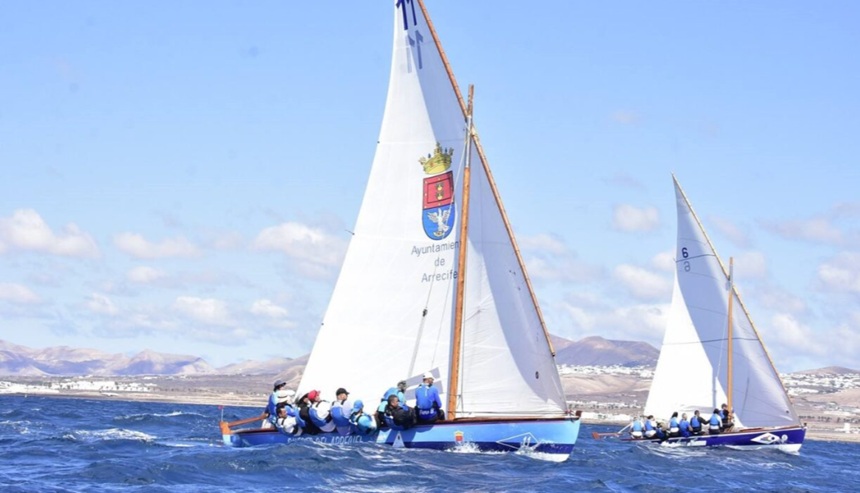As the rabbit hunting season with dogs begins, running on Sundays until 21 September, the Cabildo of Fuerteventura has issued a call to enthusiasts to respect both the current regulations and the natural environment of the island. The Cabildo reminds hunters of the importance of adhering to the rules and safeguarding the surroundings.
Emphasising Sustainable Practices
The Department of Environment and Hunting, led by Carlos Rodríguez, emphasises that hunting only makes sense when it is conducted in harmony with the territory, traditions, and biodiversity. Therefore, it underscores that actions such as hunting out of season, using unauthorised methods, or exceeding established quotas can negatively impact wildlife and result in penalties ranging from minor to severe.
Preservation of Heritage and Landscape
The island department also highlights the necessity of preserving heritage elements like stone walls and parking only in designated areas to avoid damage to the landscape. They assert that respecting the rules is crucial for the sustainability of hunting activities in the future.
Future Management Plans
Currently, the department is working on awarding the new Technical Hunting Plan and is considering the possibility of designating controlled hunting areas in the future to enhance management of this practice on the island.
Regulations for the 2025 Season
The regulations governing hunting periods, methods, and limitations for the 2025 season were published in the Official Bulletin of the Canary Islands on 30 June. For Fuerteventura, permitted methods include hunting without capture using pointing dogs (from 6 July to 25 September, Thursdays and Sundays), rabbit hunting with dogs (from 31 August to 21 September, Sundays), and rabbit hunting with dogs and ferrets (from 28 September to 26 October). Additionally, hunting with shotgun or bow for Moroccan partridge and rock dove is allowed during these dates, with a maximum of two pieces per person per day. Group hunts are not permitted under any circumstances.
Restrictions in Protected Areas
The regulations also impose restrictions on protected natural spaces, such as the Lobos, Corralejo, and Jandía parks, as well as on notable sites such as the Tindaya Mountain, Ajuí, the Gairía Caldera, and Playa del Matorral. The ban remains in effect in areas traditionally known as hunting refuges, like Lajares and Tesjuate, in addition to training fields. The Cabildo reminds hunters of the importance of adhering to the rules and protecting the environment.














